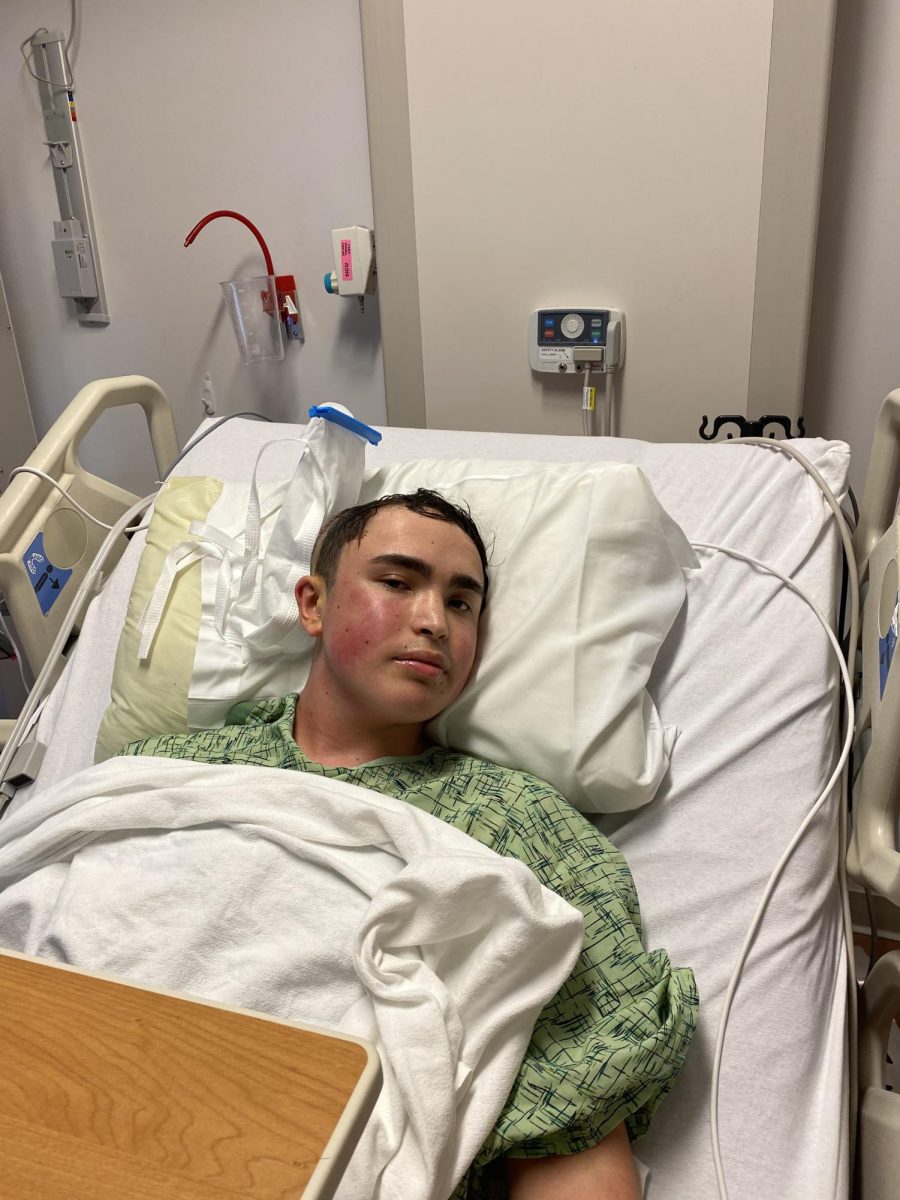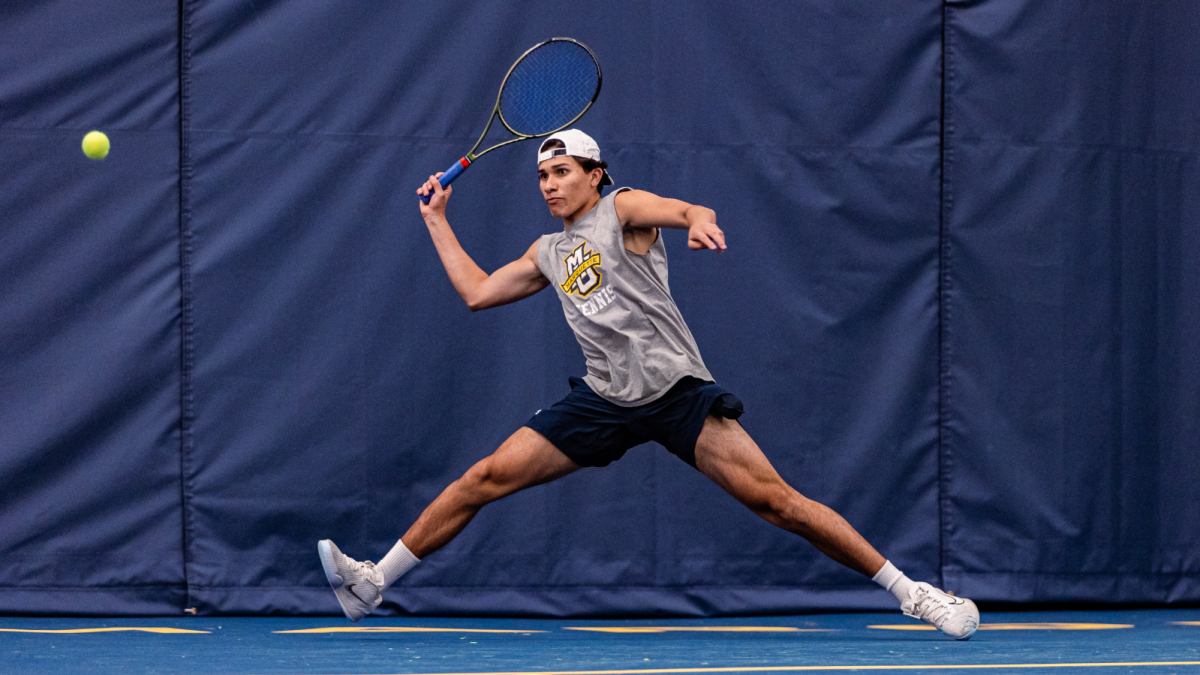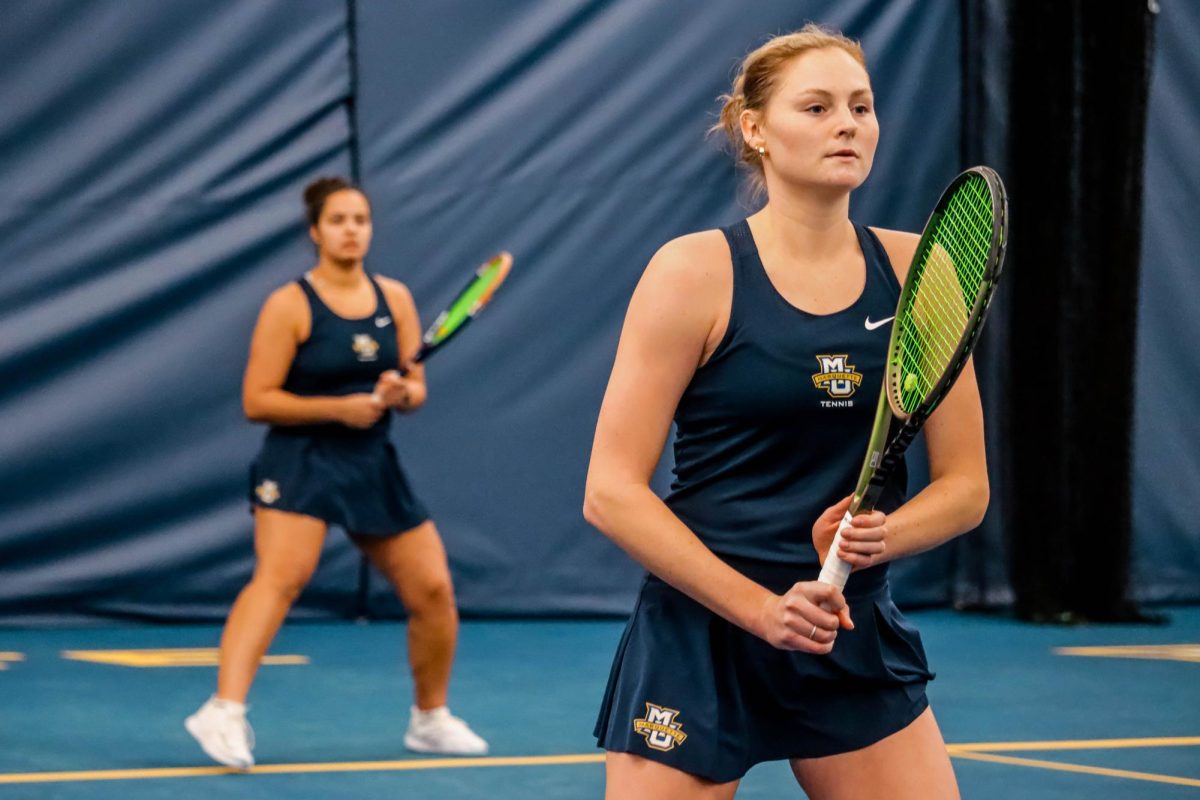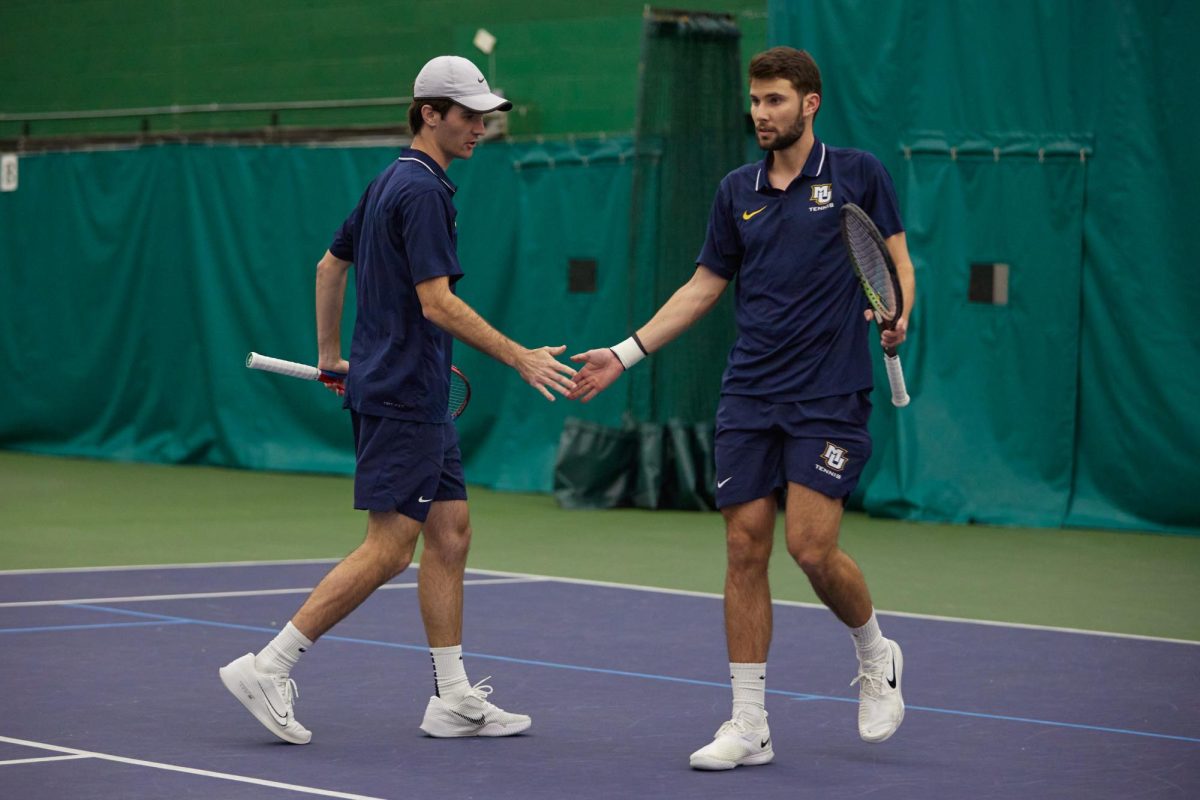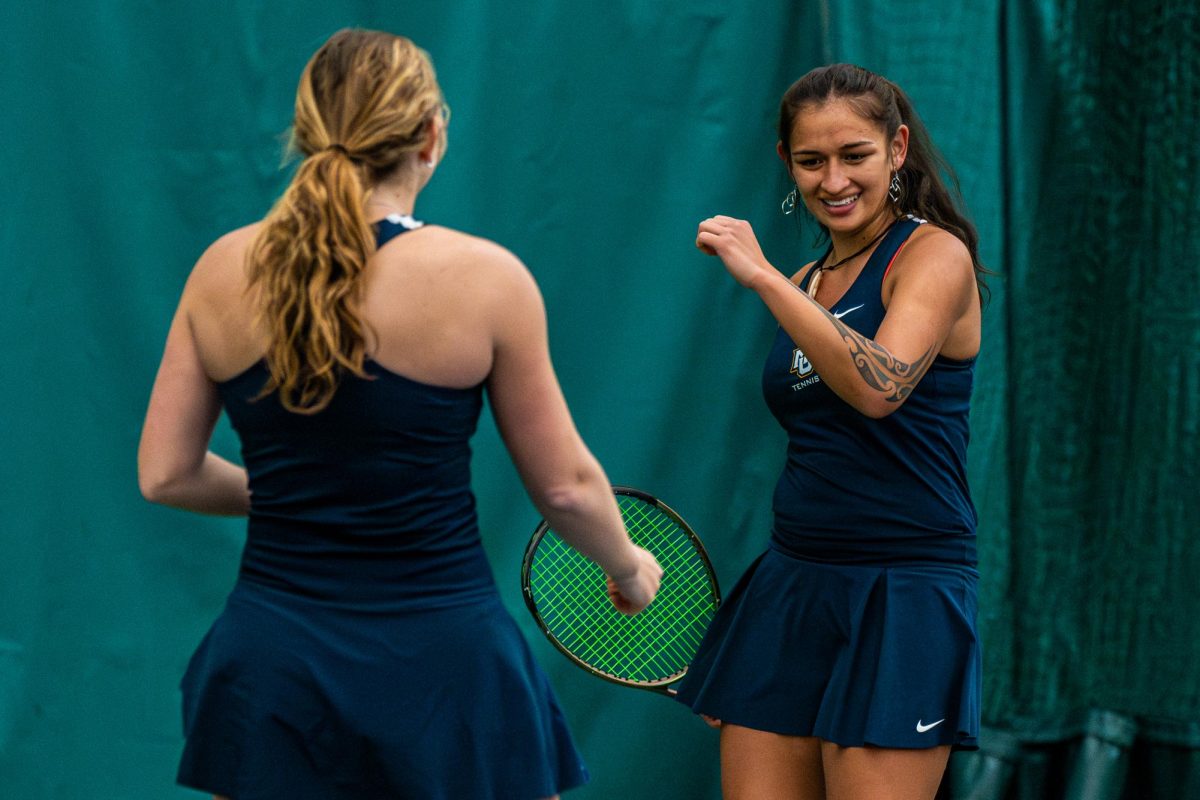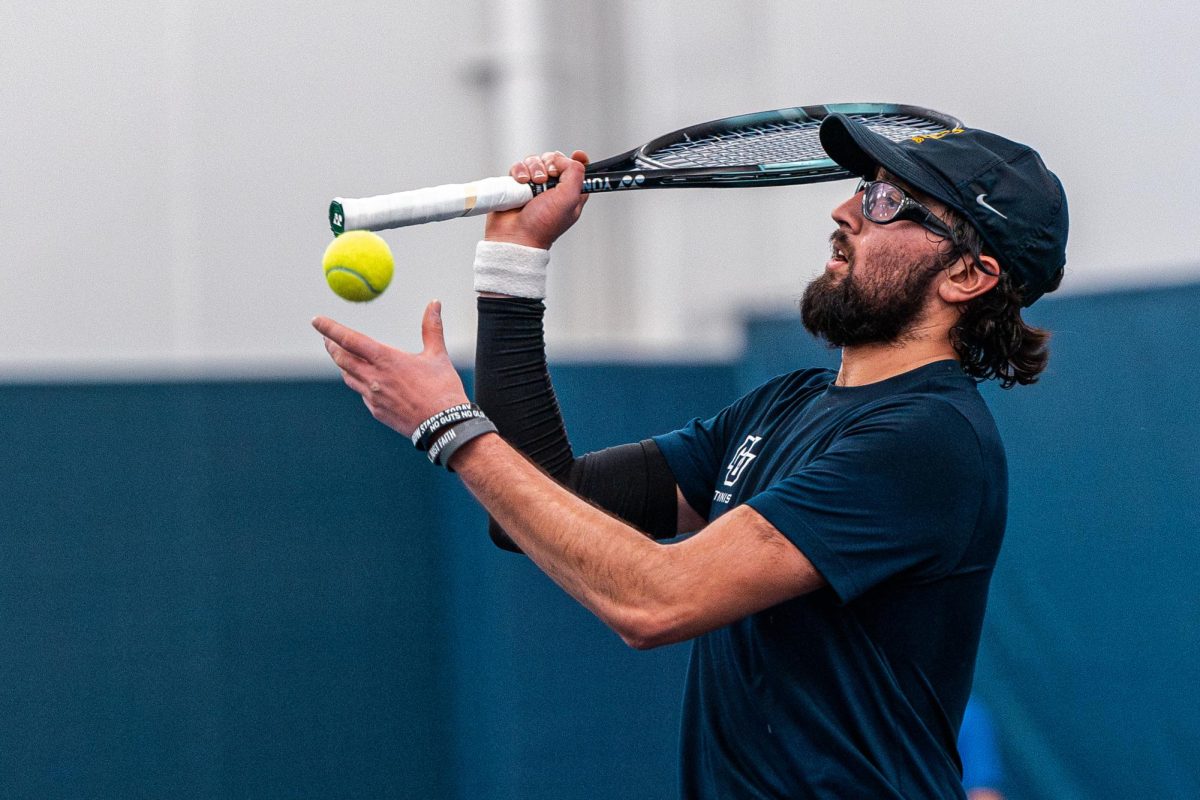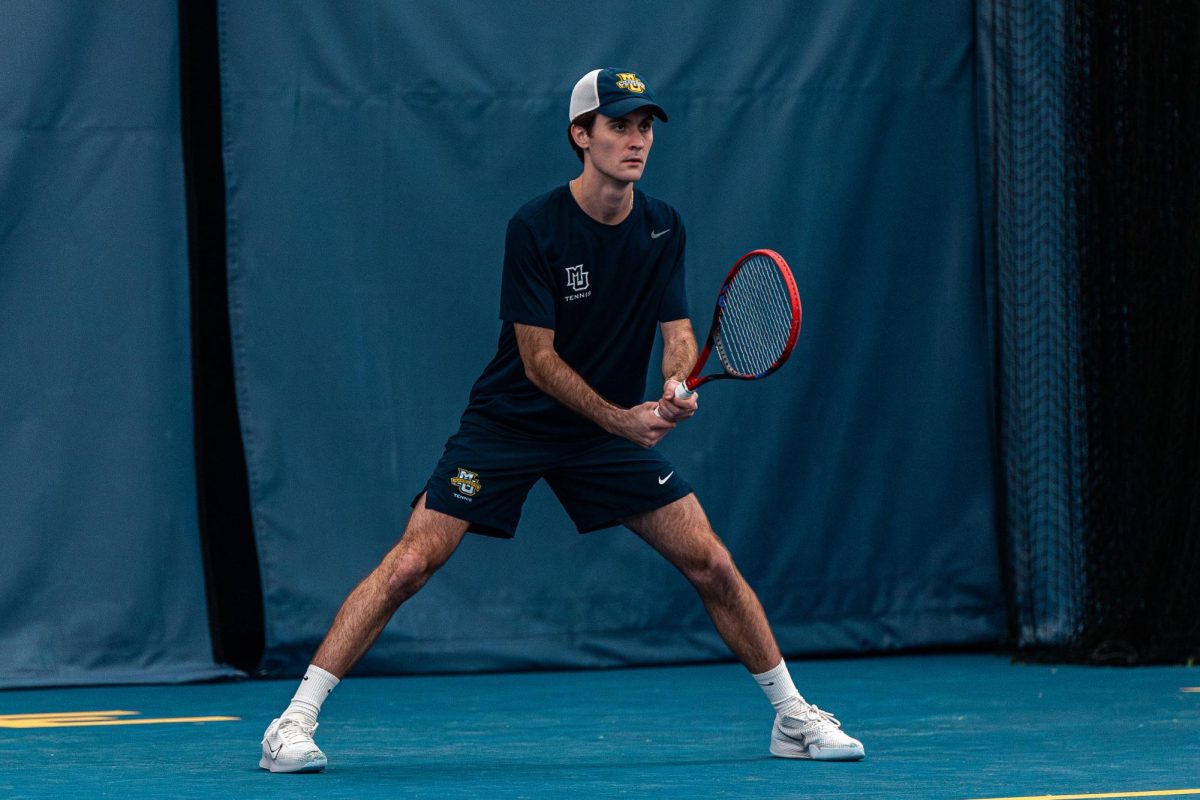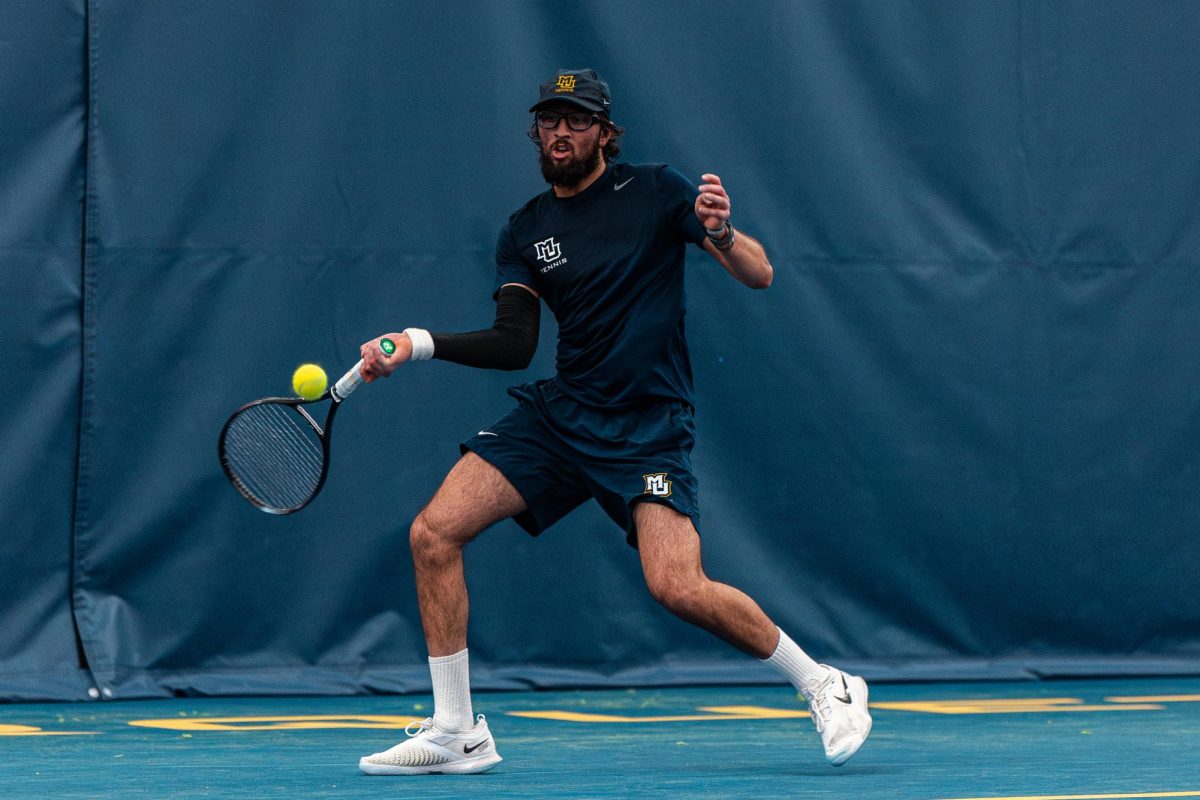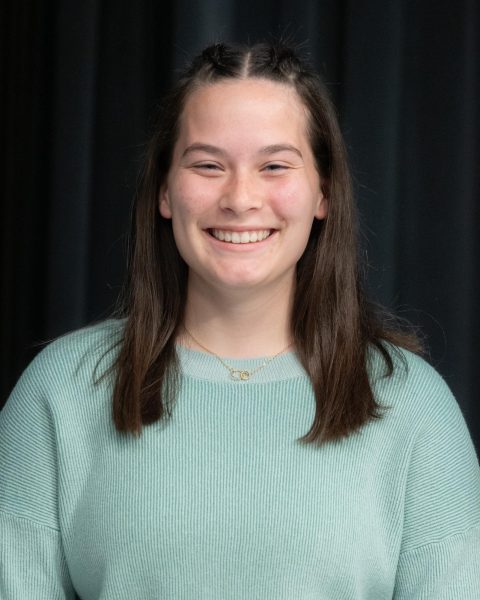Feb. 11, 2020 was the day Teddy Wong’s life changed forever.
Just three weeks prior, Teddy — a sophomore in high school at the time — had experienced a grand mal seizure in the middle of the night and was rushed to the hospital.
After several tests, it was his mother and father who received the news first — a benign tumor was found in Teddy’s brain, pressing on his optic nerve and requiring surgery.
“Honestly, I didn’t know what to think. I was 15 years old, and I was like, ‘Wow, that’s crazy,’” Teddy said. “I didn’t really know how to react to it because nobody wants to hear that at all, especially at a young age because you don’t know what’s going to happen.”
The tumor — specifically known as a Polymorphous low-grade neuroepithelial tumor of the young — is rare, and Teddy was just one of 20 children and young adults in the world to receive the diagnosis.
Three months later, he had surgery to remove the mass, just after his 16th birthday. But that was only the first hurdle.
“The next morning, he had a brain bleed,” Shelly, Teddy’s mother, said. “And they had to go back up and open him up to stop the brain bleed. So, he had two brain surgeries in two days.”
Despite the multiple procedures, Wong was back on the court six weeks later, being cleared to play in a high school boys tennis tournament.
“All my friends were playing in it, and I was like, ‘I really want to play in it because I just want to show everybody like I just had surgery, but I can still play,’” Teddy said. “Obviously, it wasn’t a good idea because it was six weeks after and I was just sitting around all day eating food, so I wasn’t ready for it at all. But I just really wanted to play and still compete because I just love to compete.”
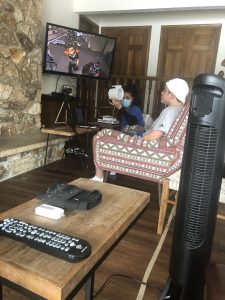
Even though the surgery was successful, Teddy is still considered epileptic and takes two medications each day as a preventative measure.
Through the tests, the diagnosis and the recovery process, Shelly said what remained the same was Teddy’s upbeat attitude.
“He was amazing,” Shelly said. “He cried one time. Only one time through the whole thing… With Teddy not getting down, none of us got down.”
Fast forward four years later, where Teddy’s positive attitude has followed him into his sophomore year at Marquette, one that marks his first year as a member of the men’s tennis team.
Interim director of tennis Jud Shaufler described him as a “culture guy” who brightened up the locker room from the moment he joined the team.
“He’s just a really bright kid, and he’s extremely coachable,” Shaufler said. “He’d run through a wall for you… I’ve never seen him not be in a good mood. He just brings everybody up.
“You have no idea how valuable that can be, and especially coming off a couple years where I felt like our culture had taken a little bit of a hit. He’s been very much a part of bringing that back together in a big way. All that stuff is much, much more significant than any one thing about his game.”
Sophomore Ivan Vazquez — Teddy’s doubles partner — said Teddy’s optimistic mindset has been a spark plug for the rest of the team.
“We’re in the locker room and all of the sudden, Teddy walks in, and everybody just starts laughing,” Vazquez said. “He definitely sets the tone in the room. Maybe I had a tough loss and I’m going through it. He opens his mouth and I’m like, ‘Okay, Teddy, thank you. I can’t be mad anymore.’’’
Shaufler was not aware of what Teddy endured four years ago, but said it speaks volumes about who he is.
“He takes each day with a ‘nobody’s promised tomorrow’ attitude and ‘let’s get after it today,’” Shaufler said. “When you’ve had something like that in your life, it impacts you and makes you different.
“It reflects again in his contribution to everything that we have here from a culture standpoint because he brings that attitude of, ‘Okay, today’s a good day. I’ve got air in my lungs and I’m able to move and I enjoy what I do. I love going to school at Marquette, and I like my teammates. Life is good.’ And you know something? That’s pretty cool.”
Teddy has achieved his dream of playing Division I tennis, one that remained in the forefront of his mind even after he received his diagnosis. He said he knows that whatever comes his way, he will be able to handle it all.
“It just makes me approach everyday just differently and just blessed that I’m lucky enough to still be alive,” Teddy said. “I won the match of my life. I beat the toughest opponent. So really, I can beat anybody if I just fight. Just be confident and I’m going to be able to overcome everything.”
This story was written by Kaylynn Wright. She can be reached at kaylynn.wright@marquette.edu or on Twitter/X @KaylynnWrightMU.


